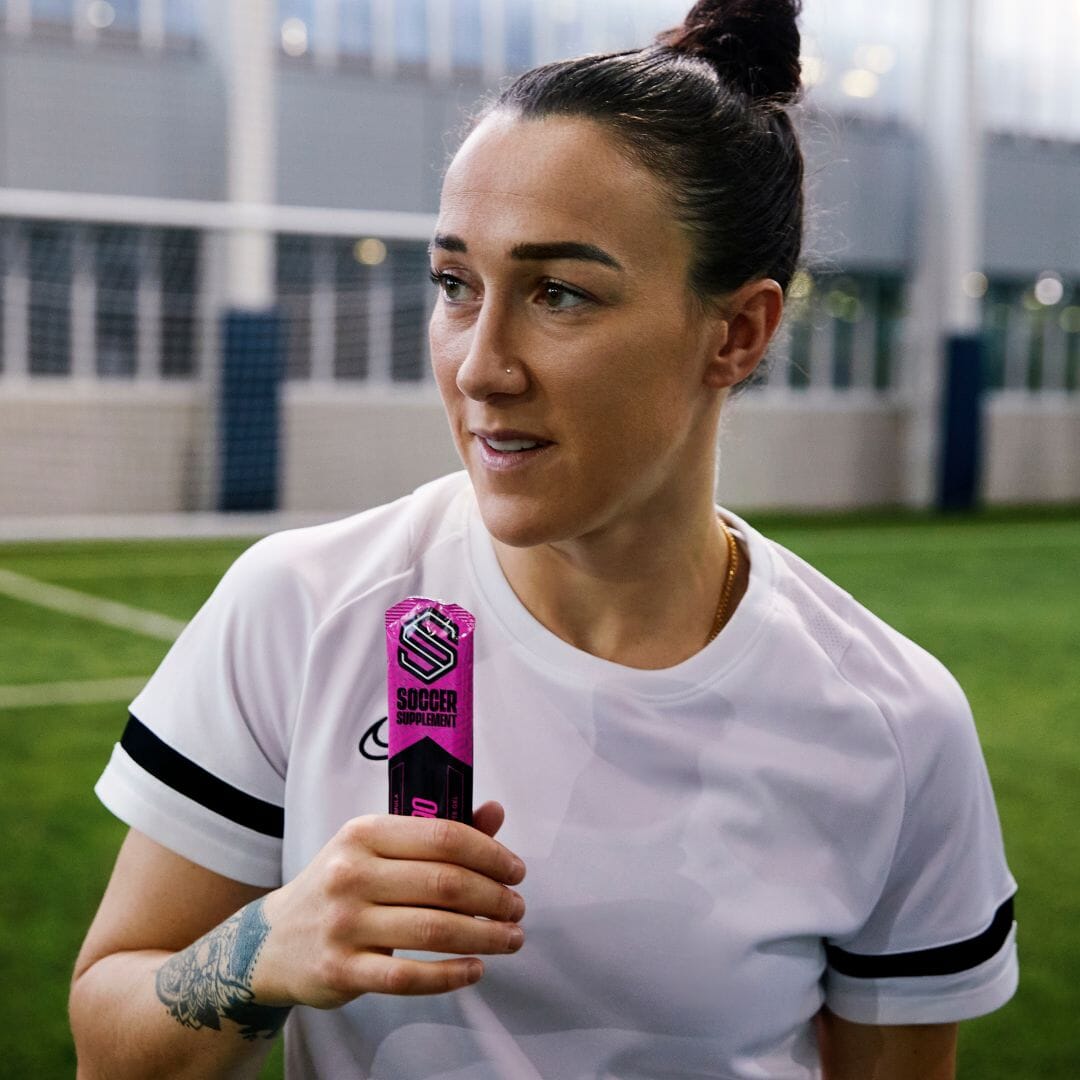What is whey protein?
The building blocks to support growth and repair processes.
The primary function of protein is to support growth and repair processes in the body, including the growth and repair of skeletal muscle. However, proteins are also used to create other substances such as enzymes, mitochondrial proteins, hormones and proteins of the immune system. Protein is a conditionally essential macronutrient, so we need a steady supply from the diet to maintain normal bodily functions.
Proteins are made up of various amino acids, nine of which are essential and must be obtained from the diet, 7 are conditionally essential and 5 are non-essential. Imagine protein to be like a brick wall, the constituent bricks can be considered the amino acids. A full brick wall without any missing bricks is considered a complete wall. A protein with a full compliment of amino acids, including the essential amino acids, is considered a complete protein.
Many animal products such as meat, fish, eggs, dairy and whey protein are complete proteins as they provide all amino acids. However, very few plant-based proteins are complete proteins, soya, quinoa, chickpeas and very few others. Furthermore, plants have lower total protein content (smaller wall). So even if they are complete proteins, you have to eat more of them to meet optimal levels of protein.
That said, animal proteins are often considered to be the highest quality proteins, although you can easily meet your protein requirements from plant-based sources, it just takes a little more thought and larger serving sizes.
Click here to read our guide to the best types of whey protein for footballers.
How much protein do I need?
Existing research suggests an optimal protein intake for a footballer could be in the region of 1.6 grams of protein per kilogram of body weight. So an 80 kg footballer may need to consume 128 grams of protein each day.
The other thing you need to consider is protein timing. When you consume 0.4 grams of protein per kilogram of body weight, or 32 grams of protein for an 80 kg footballer, muscle growth and repair processes are maximally stimulated for roughly 5-hours. At which point, they return to baseline. So it’s incredibly important that you eat protein regularly, eg. 4 x 32 grams at 5 – 6 hour intervals to maximise growth and repair processes. Ideally sandwiching training or games with a protein-containing meal before and then again after exercise to maximise growth, repair and recovery.
Another important consideration is the quality of protein. Leucine is a really important amino acid as it serves as a trigger to activate growth and repair processes once a dose of 3 – 4 grams is reached in the body. So not only do you have to consider total daily amount of dietary protein and the per meal dose of protein, but you must also ensure that the protein you consume is of a high quality or complete (eg. has sufficient essential amino acids and leucine).
What would happen if I did not meet protein requirements?
Failure to meet daily protein requirements will result in a negative protein balance, meaning the body has insufficient protein to support optimal growth and repair processes. If this is allowed to continue, long term this may result in loss in lean muscle and impaired recovery.
How much should I take and when?
A single serving of Whey90® is enough to maximise muscle growth and repair processes for 5-hours.
Existing evidence suggests you need to consider both daily total protein intake and per meal protein intake to support optimal muscle adaptations.
Per day: 1.6 – 1.8 grams of protein per kilogram body mass
Per meal: 0.4 grams of protein per kilogram body mass
Click Here to shop our range of Proteins.








